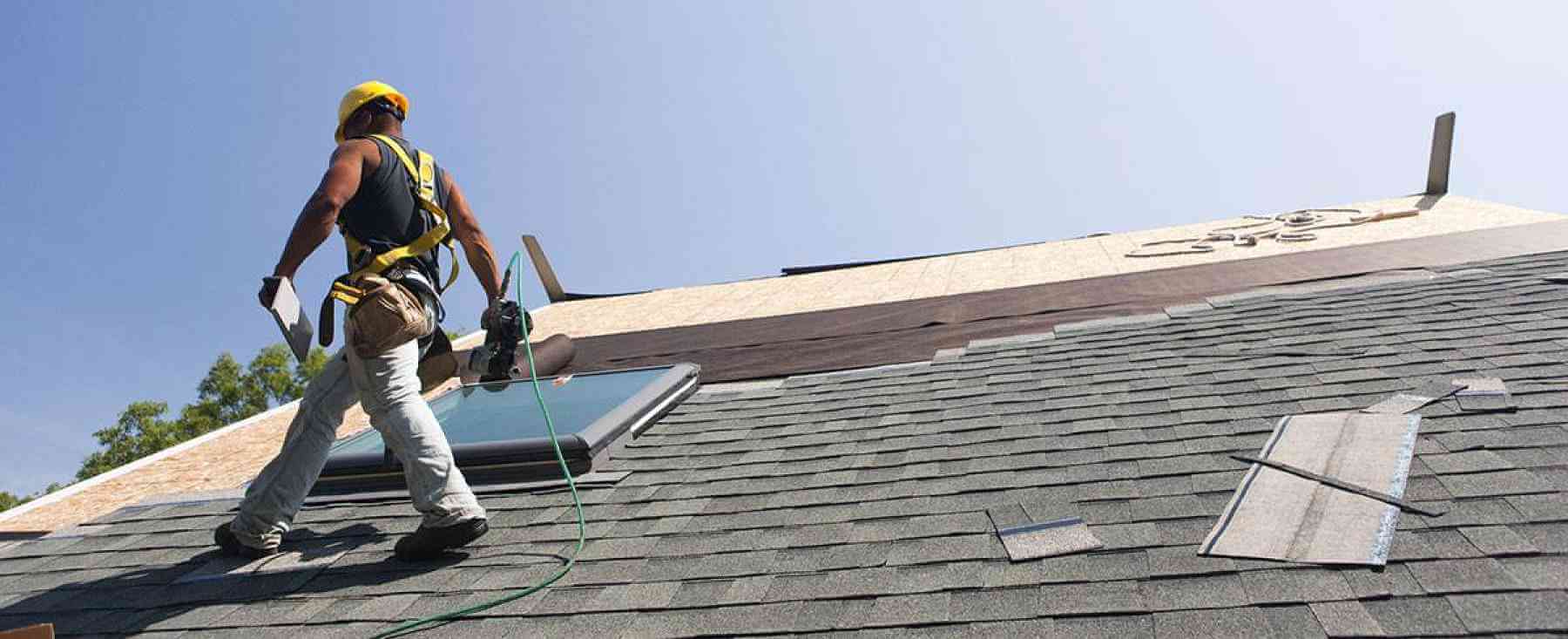When most people think of the Sunshine State, they think of beaches, theme parks, and alligators. But there's another side to Florida that you may not know about - the roofing hustle. This is a scheme where unscrupulous contractors convince property owners to file insurance claims for damage that never even happened. This article will discuss this hustle in detail and tell you what you need to know to avoid being scammed!
What is the Roofing Hustle?
The hustle is a scheme whereby unscrupulous contractors convince property owners to file insurance claims for damage that never actually occurred. These contractors will often target areas that have been hit by recent storms or hurricanes, as they know that insurance companies will be inundated with claims and may not have the time to investigate each one properly. Additionally, these contractors will often prey on elderly or vulnerable homeowners who may not be aware of the scam or may be more likely to believe the lies they are being told.
How Does it Work?
The hustle works by the contractor convincing the property owner that their roof has been damaged and needs to be repaired or replaced. The contractor will often use high-pressure sales tactics, telling the homeowner that they need to act quickly before the damage gets worse. They may also claim that their insurance company will not cover the cost of repairs if they do not act now. In reality, most insurance companies will only pay for damage caused by severe weather events such as hurricanes or tornadoes. However, the contractor will often convince the homeowner to sign a contract that waives their right to have the insurance company inspect the damage. This means that the contractor can then pocket the insurance money, and the homeowner is left with a bill for repairs they may not even need.
How to Avoid Being Scammed
There are a few things you can do to avoid being scammed by a roofing hustler:
- Educate yourself on the signs of hurricane damage to your roof. This will help you spot any fraudulent claims a contractor may try to make.
- Do not sign any contracts or agree to any repairs without first getting a second opinion from a reputable source. This could be a certified inspector or your insurance company.
- Beware of door-to-door salespeople offering repair services. These individuals are often not legitimate contractors and are only looking to scam you.
- If a contractor offers to file an insurance claim on your behalf, get all the details in writing before agreeing to anything. This way, you will have a record of what was agreed to and can hold the contractor accountable if they try to defraud you.
- Research any contractors that you are considering hiring. Make sure they are licensed and insured and check to see if any complaints have been filed against them.
If you think you may have been the victim of this hustle, it is important to act quickly. Contact your insurance company and file a claim if necessary. You should also contact your local law enforcement or consumer protection agency to report the fraud. Taking these steps can help protect yourself and others from becoming victims of this scam.
